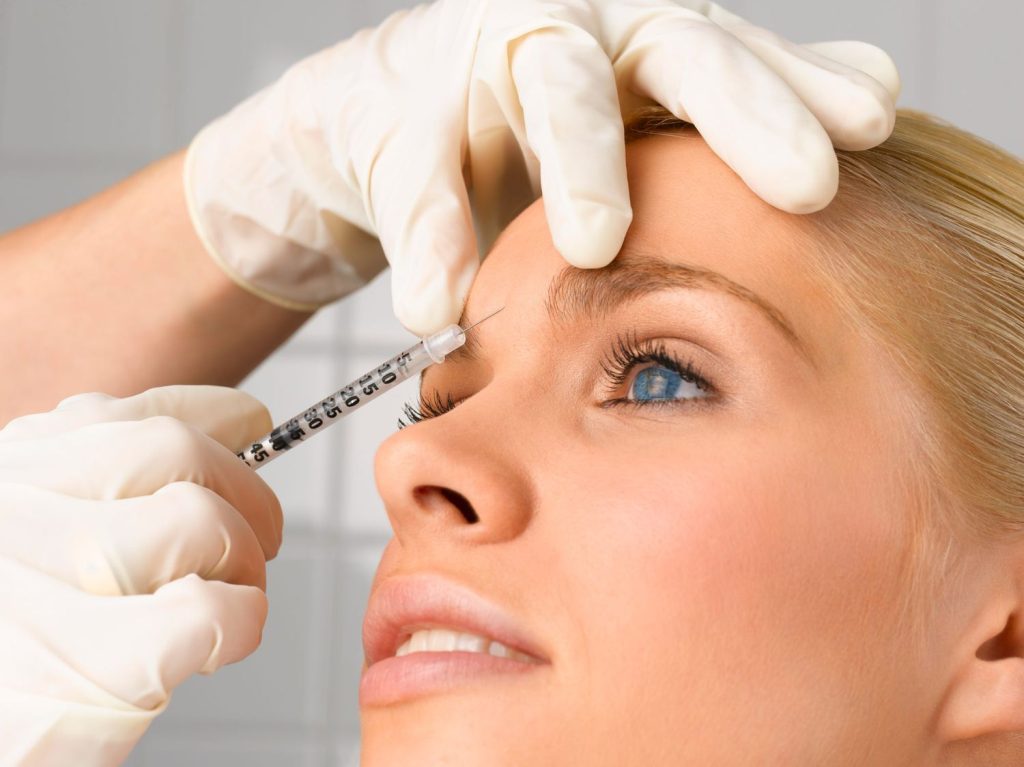Botox has become one of the most popular non-surgical cosmetic treatments worldwide, renowned for its ability to reduce wrinkles and fine lines, providing a youthful appearance. As with any aesthetic procedure, many individuals wonder about the long-term implications of discontinuing treatment. Understanding what happens if you stop using Botox Abu Dhabi is essential for making informed decisions about your skincare and cosmetic routines.
Understanding How Botox Works
The Mechanism Behind Botox’s Effectiveness
Botox is a neurotoxin that temporarily paralyzes targeted muscles by blocking nerve signals. When injected into specific facial muscles, it prevents the muscles from contracting, which results in smoothing out wrinkles and fine lines caused by facial expressions. This temporary paralysis is why the effects of Botox are not permanent and typically last several months.
The Role of Repeated Treatments
Most users require periodic treatments to maintain their desired appearance. Regular Botox sessions help sustain the smoothness of the skin and prevent the formation of new wrinkles. Over time, consistent treatments can also influence the underlying muscle activity, leading to longer-lasting results.

What Happens When You Discontinue Botox?
Gradual Return of Muscle Activity
Once you decide to stop using Botox, the effects will gradually diminish as the neuromuscular junctions recover. The muscles that were previously paralyzed will regain their ability to contract, leading to the reappearance of wrinkles and lines. This process usually occurs within a few months after the last treatment.
Reemergence of Wrinkles and Lines
The specific areas treated will show signs of aging again, with wrinkles returning to their pre-treatment appearance. The degree of wrinkle reappearance can vary depending on individual skin type, age, and the duration of Botox use. Generally, the skin’s natural aging process continues, and without the temporary muscle paralysis, lines may become more prominent over time.
Impact on Skin Texture and Elasticity
While Botox primarily affects muscle activity, prolonged use can influence skin texture and elasticity. When treatment stops, the skin may gradually lose some of the smoothness achieved through Botox, and natural aging processes, such as collagen breakdown, will resume their course.
Long-Term Effects of Discontinuing Botox
No Permanent Changes to Facial Musculature
One common concern is whether stopping Botox causes permanent changes to facial muscles. Generally, once treatment ceases, muscles will resume their normal function, and no permanent muscle atrophy occurs if Botox has been used temporarily and appropriately.
Potential for Increased Wrinkling
In some cases, stopping Botox might lead to more noticeable wrinkles if natural aging progresses without the temporary muscle relaxation. This emphasizes the importance of adopting a comprehensive skincare routine and considering other anti-aging strategies alongside Botox.
The Body’s Adaptation and Muscle Memory
Some users worry about the possibility of muscle “memory,” where muscles might contract more vigorously after stopping treatment. However, current evidence suggests that muscles do not develop significant resistance or increased activity solely due to discontinuation, especially after short-term use.
Strategies to Maintain Skin Appearance Post-Botox
Incorporating Skincare Regimens
Transitioning away from Botox doesn’t mean neglecting skin health. Using quality skincare products, including moisturizers, sunscreens, and anti-aging serums, can help maintain skin elasticity and prevent premature aging.
Emphasizing Healthy Lifestyle Choices
Adequate hydration, balanced nutrition, regular exercise, and avoiding smoking and excessive sun exposure can significantly influence skin health. These habits can help mitigate the appearance of aging after discontinuing Botox.
Considering Alternative Treatments
For ongoing aesthetic maintenance, alternative or complementary treatments such as dermal fillers, chemical peels, or laser therapies can be considered. Consulting with a skincare professional can help develop a personalized plan.
The Importance of Consultation and Planning
Personalized Treatment Plans
Deciding to stop Botox should involve thorough consultation with a qualified specialist. They can assess your skin condition, discuss your aesthetic goals, and recommend suitable strategies to maintain or improve your appearance.
Timing and Gradual Discontinuation
A gradual approach to stopping Botox may be advisable to monitor how your skin responds and to plan for alternative treatments if needed. This phased approach helps achieve natural-looking results and avoids abrupt changes.
Psychological and Emotional Considerations
Managing Expectations
Understanding the natural progression of aging and the effects of discontinuing Botox can help set realistic expectations. Being prepared for the reemergence of wrinkles can alleviate disappointment and promote a proactive skincare routine.
Embracing Natural Aging
Many individuals choose to embrace aging gracefully, focusing on health and well-being rather than solely on cosmetic alterations. Education about the natural aging process can empower individuals to make confident decisions about their appearance.
FAQs About Discontinuing Botox
1. How long does it take for Botox effects to wear off after stopping treatment?
The effects typically diminish within three to six months after the last injection as nerve signals gradually return, and muscle activity resumes.
2. Will my facial wrinkles become worse after stopping Botox?
While wrinkles will likely reappear, they generally do not become worse than their original state. However, natural aging and lifestyle factors can influence wrinkle severity post-treatment.
3. Is there a way to maintain results without continuous Botox sessions?
Yes, adopting a comprehensive skincare routine, healthy lifestyle habits, and considering alternative treatments can help maintain skin health and appearance over time.
4. Can stopping Botox lead to permanent changes in facial muscles?
No, discontinuing Botox does not cause permanent changes in facial muscles. Normal muscle function typically resumes after treatment cessation.